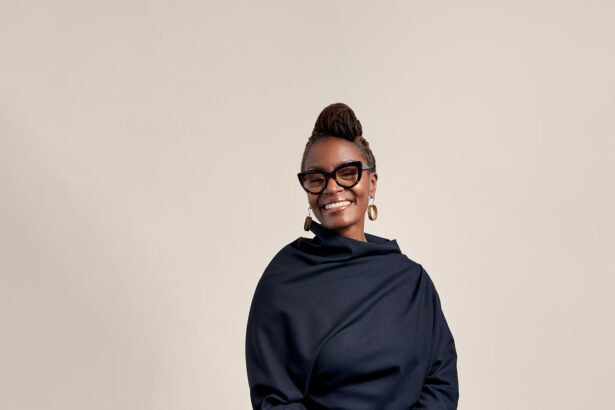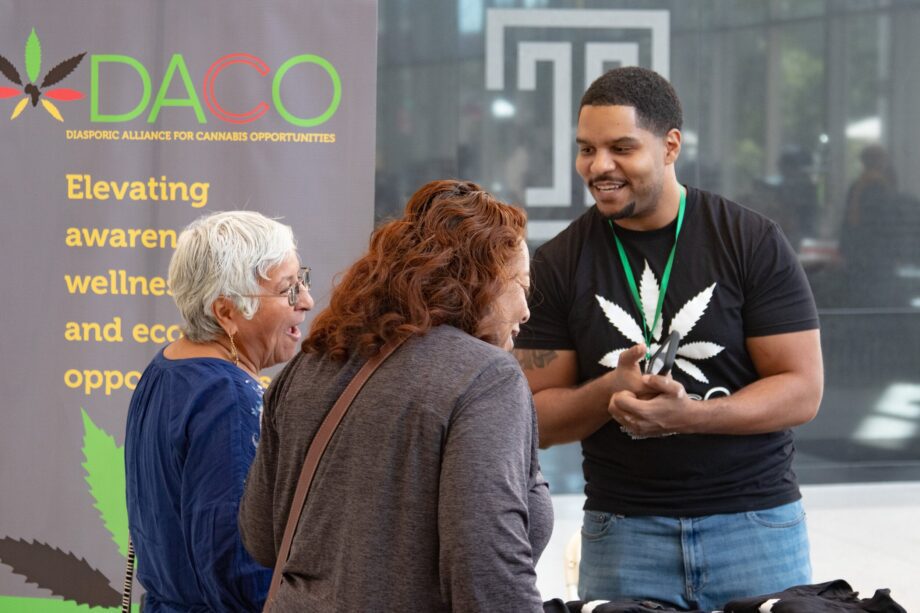There’s been widespread confusion in the market already because not all cannabis products are equal, despite marketing claims.
In Philadelphia, there’s no shortage of “CBD dispensaries” on commercial corridors with cannabis leaf signs and wide open doors, which can be misleading to the public. There are also smoke shops that claim to sell legal cannabis products with little oversight or information about its origin.
But a true legal medical cannabis dispensary in Pennsylvania will have its doors locked, patients need identification, prior approval from the state and a recommendation from a doctor. There’s also a plethora of rules about how to purchase the cannabis products that contain both CBD and THC.
Increasingly, cannabis products are sold at the retail counter with even more cannabinoid compounds than just CBD and THC anyway to keep up with consumer demand – especially sleep aid products like chewable tablets.
There’s also a big difference in the effect on the body when individuals consume cannabis from a Sativa compared to an Indica plant strains, not to mention hybrid plants that have a bit of the two strains.
Ultimately, every individual has their own body chemistry in addition to any potential drug interactions from prescription medications that could occur. But there’s little incentive for education over profit right now because there are no craft makers in Pennsylvania.
“There’s no grassroots [businesses] when it comes to cannabis in Pennsylvania,” Perry-Thomas said. “In other states, you have craft markets, meaning farmers who are actually growing [cannabis] on their land. You have producers that are local and reflective of those communities. But because we have a corporate cloud over our state, we don’t have equitable legislation.”
If adult-use cannabis is legalized in Pennsylvania, Perry-Thomas envisions Philadelphia neighborhoods benefitting from that growth.
“I could see a Fishtown strain, or a North Philly [strain],” she said. “But until we have laws that are changed in our state that won’t be happening, we still have limited choices. It’s just like coffee, just like honey. They’re just like any other retailer, they’re trying to sell you the most for the biggest profit they can make.”
A huge obstacle to growth in the medical cannabis industry is that health insurance companies refuse to cover such medication, so it’s 100% out of pocket costs for patients. There is one CBD product that’s been approved by the FDA for some conditions that could, in theory, be covered by health insurance, but it’s not widely known and was only recently approved.
On the higher education front, Perry-Thomas can see how the state could benefit on that too, especially university research – some of which is already happening.
“Pennsylvania can really take over when it comes to research,” Perry-Thomas said. “We wanted to make sure these institutions are encouraged to start training the next generation of workers and maybe [business] owners.”




